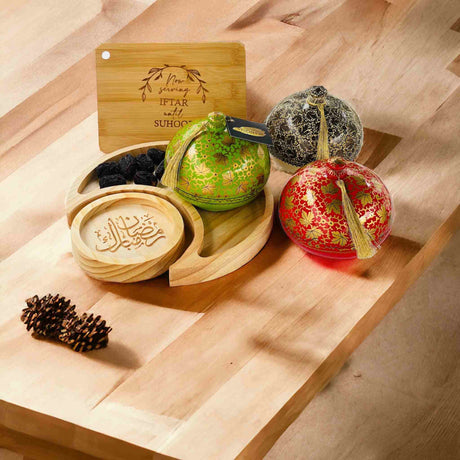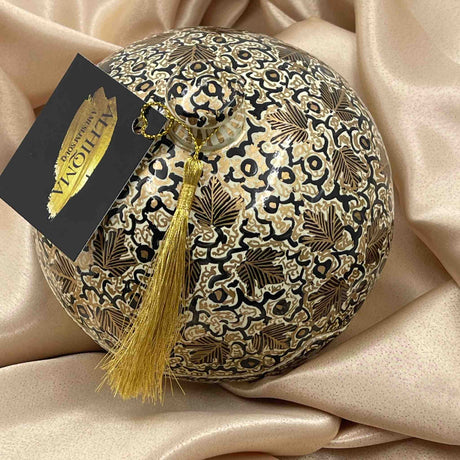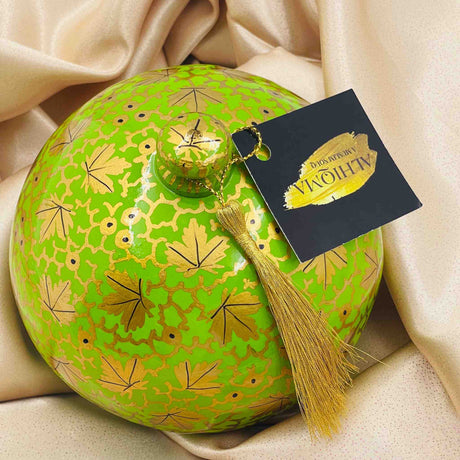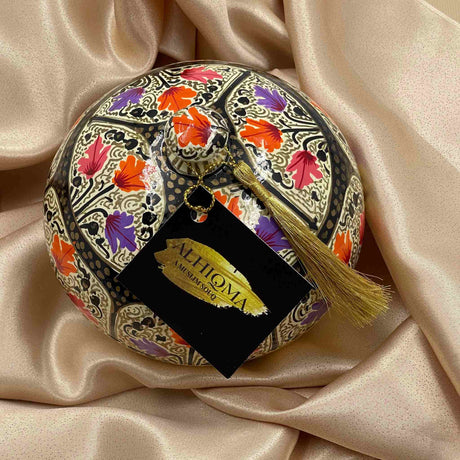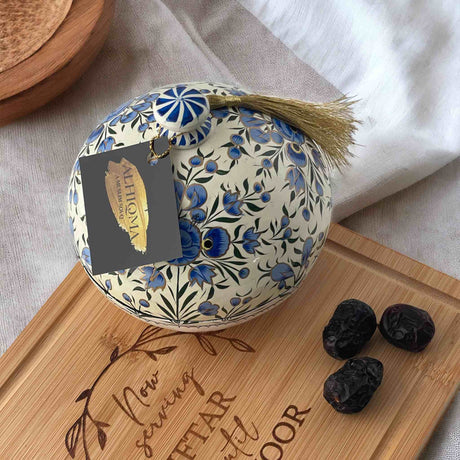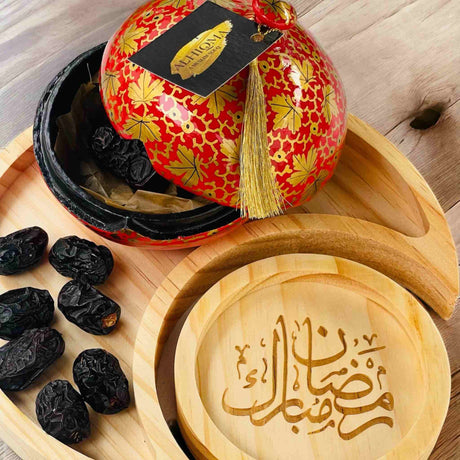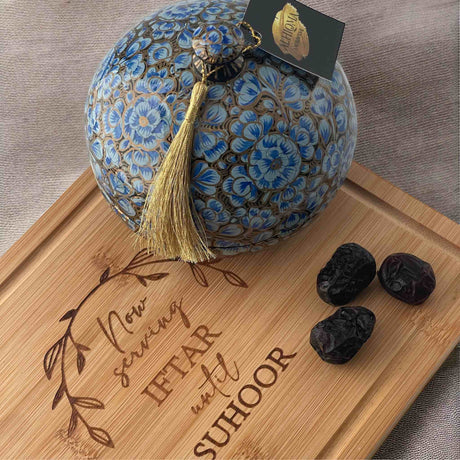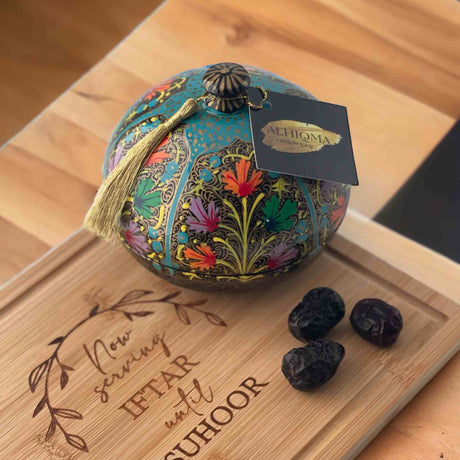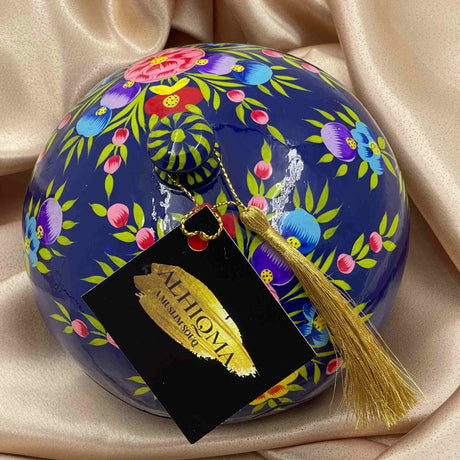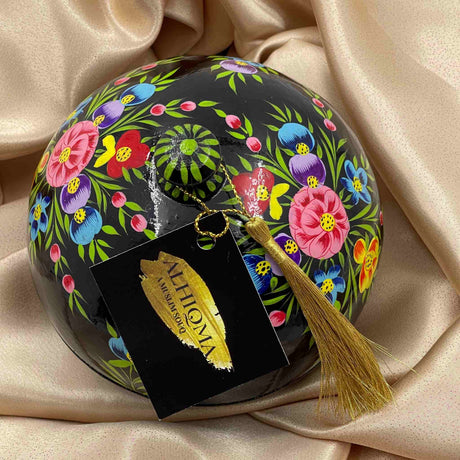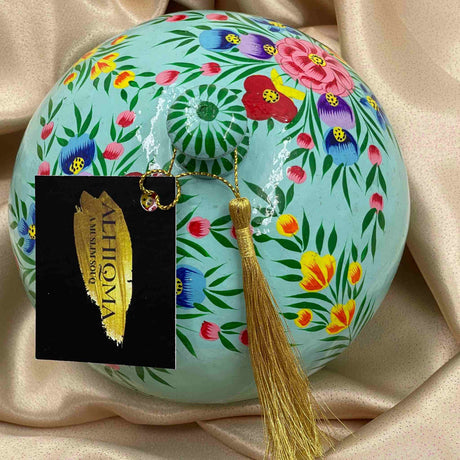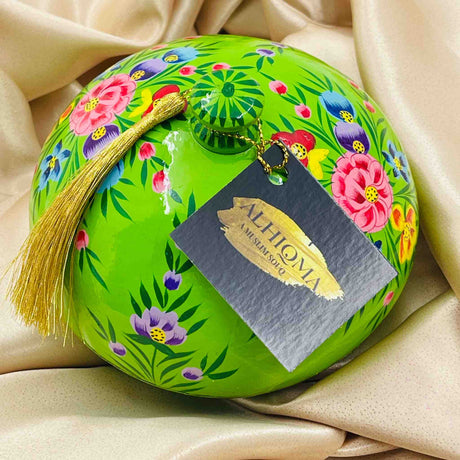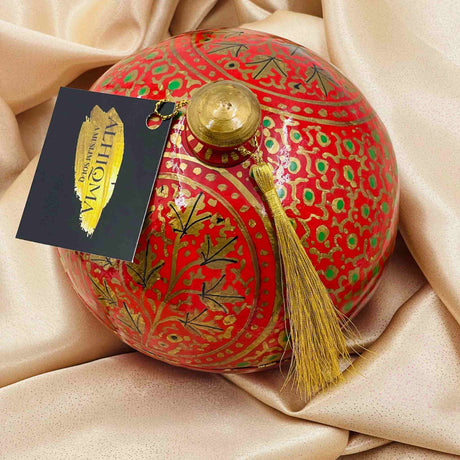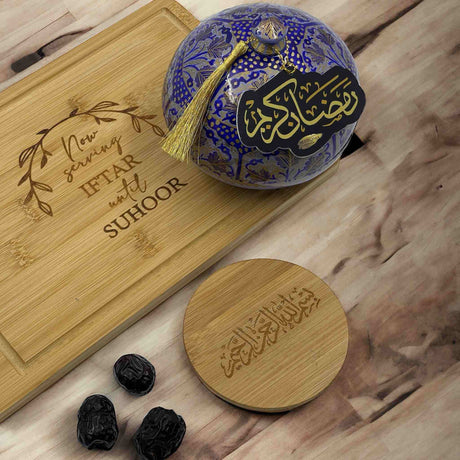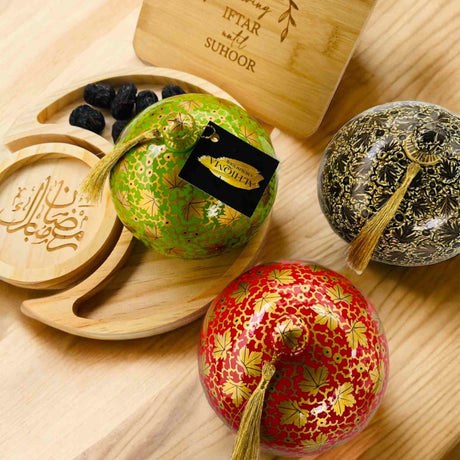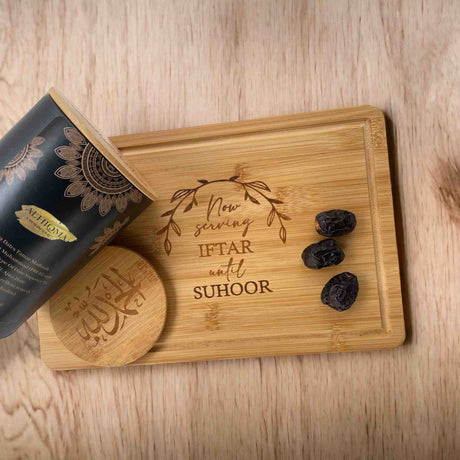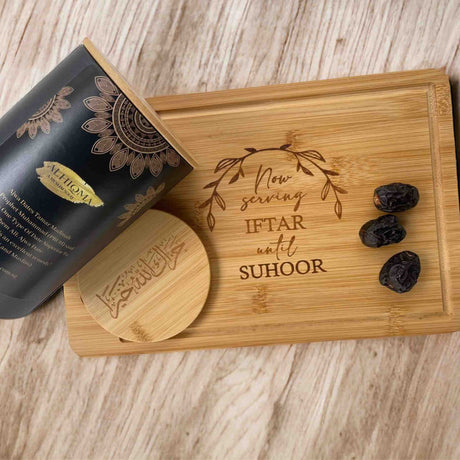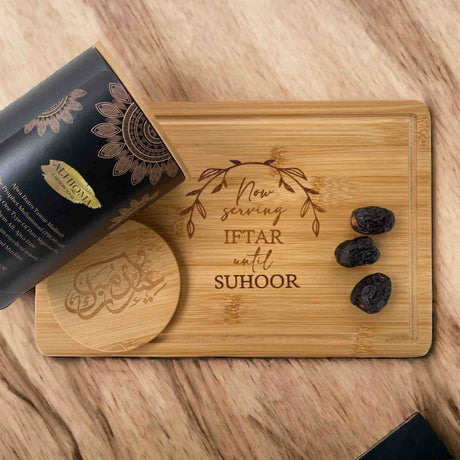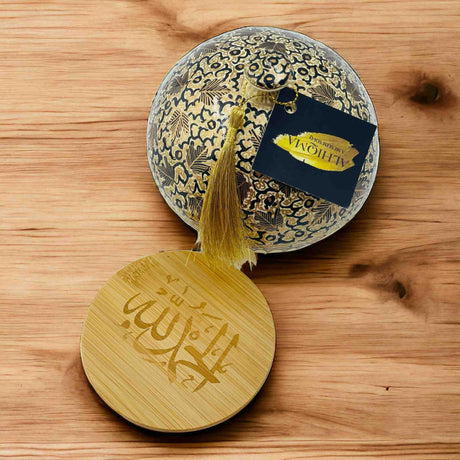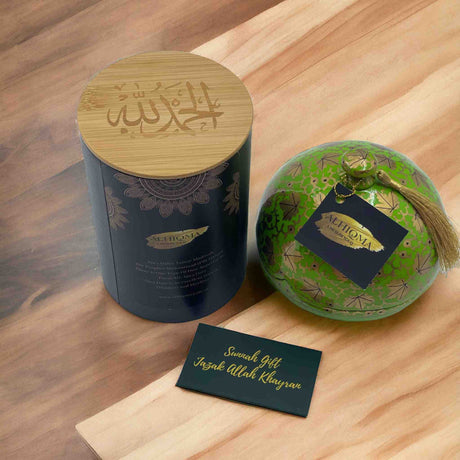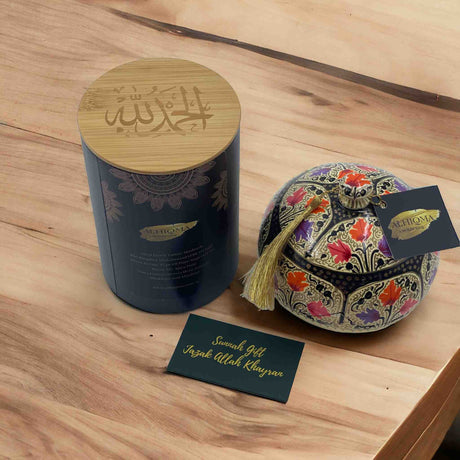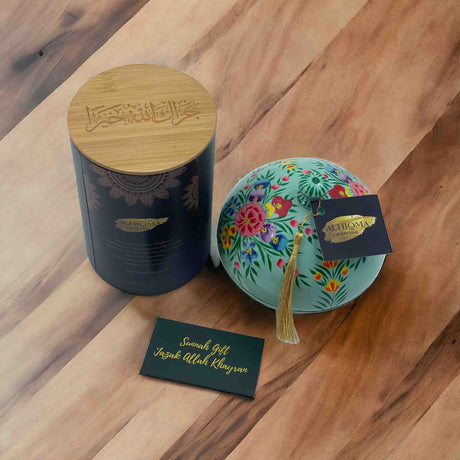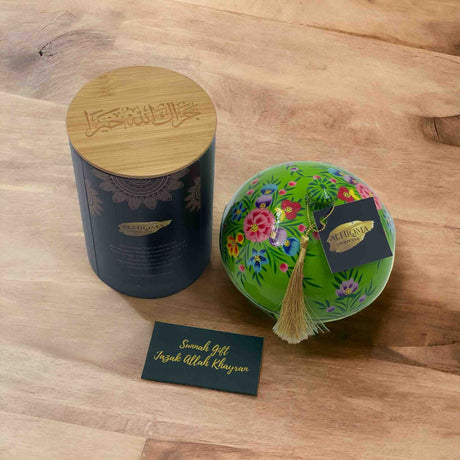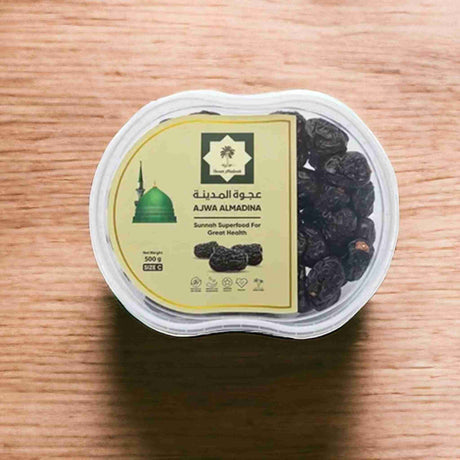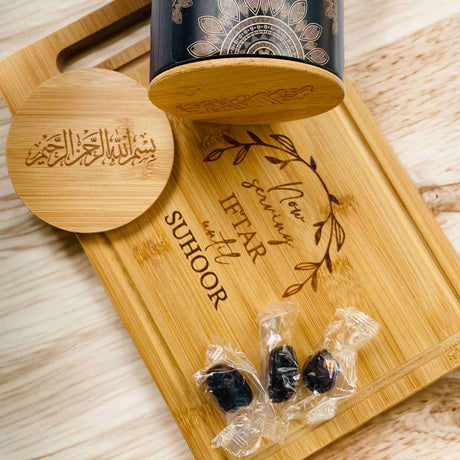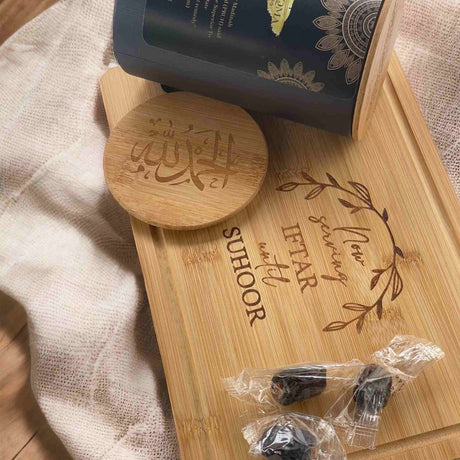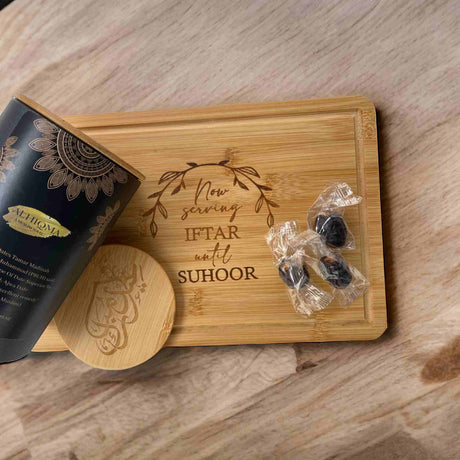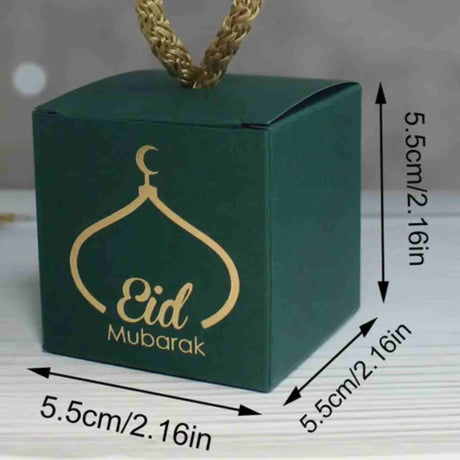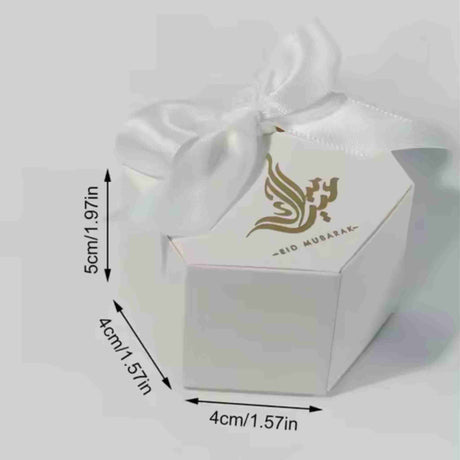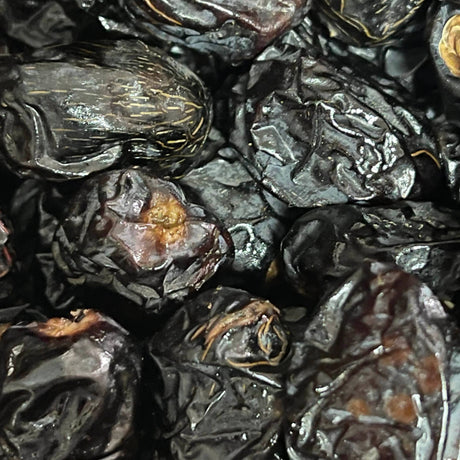Key Takeaways:
- Quranic Fruits for Health and Wellness: The Qur'an mentions several fruits like dates, olives, and figs that offer both physical and spiritual benefits, promoting good health and well-being.
- Nutritional Powerhouses: Fruits such as grapes, pomegranates, and bananas are rich in vitamins, antioxidants, and essential nutrients, making them excellent for digestion, heart health, and hydration.
- Spiritual and Symbolic Significance: Beyond their health benefits, these fruits hold symbolic importance in Islamic teachings, reminding Muslims of Allah’s bounties and encouraging a balanced, nutritious diet.
The Qur'an mentions several fruits that are considered beneficial for Muslims, both physically and spiritually. These fruits are often highlighted for their health benefits and their symbolic significance in Islamic teachings.
Here are some of the fruits mentioned in the Qur'an and their benefits:
1. Dates (Tamar)
- Mention in the Qur'an: Dates are mentioned multiple times in the Qur'an. One notable instance is in Surah Maryam (19:25-26), where Maryam (Mary) is advised to shake the trunk of a palm tree to get fresh dates during her labor.
-
Benefits:
- High in fiber, vitamins, and minerals.
- Provide quick energy and are easily digestible.
- Rich in antioxidants.
2. Olives (Zaytun)
- Mention in the Qur'an: Olives are mentioned in Surah At-Tin (95:1), where Allah swears by the fig and the olive.
-
Benefits:
- Contain healthy fats, particularly monounsaturated fat.
- Rich in antioxidants and anti-inflammatory compounds.
- Beneficial for heart health and may help prevent certain cancers.
3. Figs (Teen)
- Mention in the Qur'an: Figs are mentioned alongside olives in Surah At-Tin (95:1).
-
Benefits:
- High in fiber and beneficial for digestive health.
- Rich in vitamins and minerals, particularly calcium and potassium.
- Antioxidant properties that help protect cells from damage.
4. Grapes (Inab)
- Mention in the Qur'an: Grapes are mentioned in various contexts, such as in Surah An-Nahl (16:11) and Surah Al-Mu’minun (23:19).
-
Benefits:
- High in vitamins C and K.
- Rich in antioxidants, particularly resveratrol, which is beneficial for heart health.
- Good for hydration due to their high water content.
5. Pomegranates (Rumman)
- Mention in the Qur'an: Pomegranates are mentioned in Surah Al-An'am (6:99) and Surah Ar-Rahman (55:68) as fruits provided in paradise.
-
Benefits:
- High in vitamin C and potassium.
- Rich in antioxidants, which help reduce inflammation.
- May have anti-cancer properties and promote heart health.
6. Bananas (Talh)
- Mention in the Qur'an: While bananas are not directly mentioned, there is a reference to "Talh" (often interpreted as banana trees) in Surah Al-Waqi’ah (56:29).
-
Benefits:
- High in potassium, which is important for heart health and muscle function.
- Provide quick energy and are easy to digest.
- Contain vitamins B6 and C.
7. Jujube (Sidr)
- Mention in the Qur'an: The Sidr tree is mentioned in Surah Saba (34:16) and Surah An-Najm (53:14-16).
-
Benefits:
- Rich in vitamin C, which boosts the immune system.
- Contain antioxidants and have anti-inflammatory properties.
- Used in traditional medicine for various health benefits.
These fruits, mentioned in the Qur'an, are not only significant in Islamic tradition but also offer numerous health benefits. Including them in your diet can promote overall well-being and serve as a reminder of the bounties provided by Allah. Muslims are encouraged to appreciate these blessings and use them to maintain good health, following the guidance and wisdom found in the Qur'an.
Frequently Asked Questions:
Q: Why are fruits like dates and olives significant in the Qur'an?
A: Fruits like dates and olives are significant in the Qur'an because they not only provide physical nourishment but also hold symbolic and spiritual importance. Dates, for example, are highlighted for their health benefits and were consumed by Maryam (Mary) during her labor, while olives are associated with blessings and are mentioned in Surah At-Tin.
Q: What are the health benefits of consuming fruits mentioned in the Qur'an?
A: The fruits mentioned in the Qur'an, such as dates, grapes, and pomegranates, are rich in essential nutrients. They offer numerous health benefits, including improved digestion, heart health, reduced inflammation, and antioxidant properties that protect against cellular damage.
Q: How can Muslims incorporate these fruits into their daily diet?
A: Muslims can incorporate these fruits by consuming them as snacks, adding them to salads or smoothies, and using them in cooking. Regular consumption of dates, olives, figs, and other fruits mentioned in the Qur'an can promote overall well-being and align with the dietary guidance found in Islamic teachings.
Q: Are there specific spiritual benefits to eating these fruits?
A: While the fruits provide physical health benefits, they also serve as a reminder of Allah’s blessings. Consuming these fruits in gratitude is a way to connect spiritually with the guidance found in the Qur'an, encouraging mindfulness of Allah’s provisions and care for one’s health.
Q: What are the antioxidant-rich fruits mentioned in the Qur'an?
A: Pomegranates, grapes, and olives are some of the antioxidant-rich fruits mentioned in the Qur'an. These fruits help reduce inflammation, support heart health, and may have protective properties against certain diseases.


